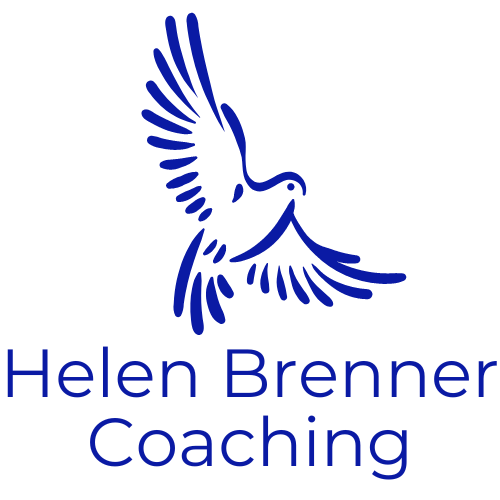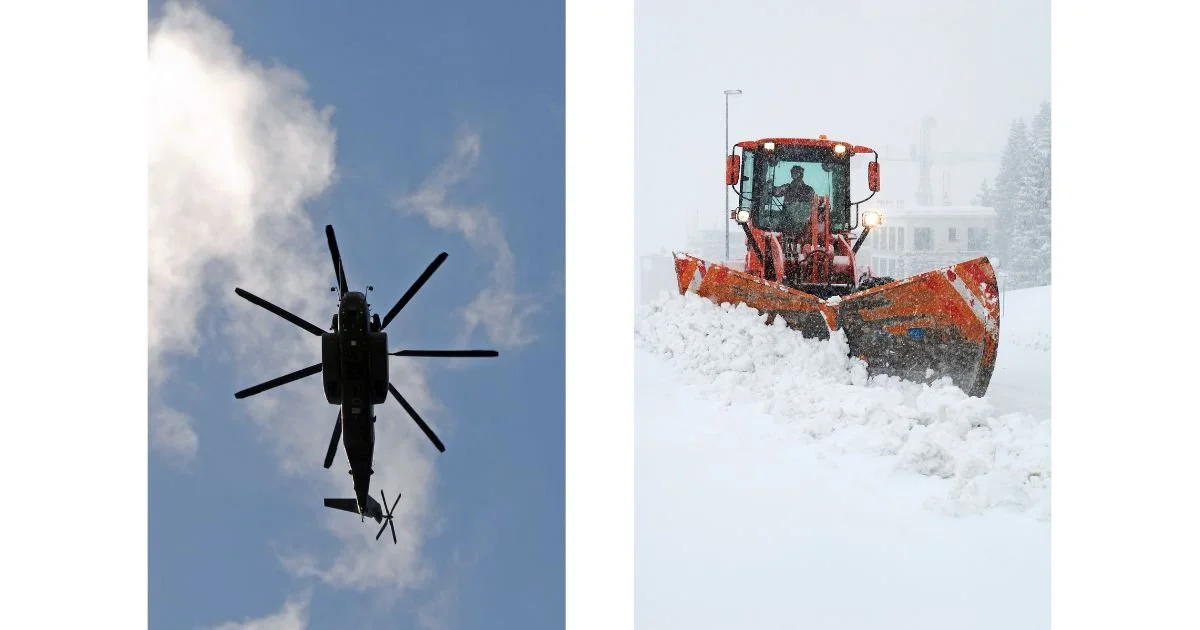Helicopters, Snowplows, and the Hidden Wounds of Parenting
You want to give your child the best.
You want to protect them, guide them, set them up for success.
So you hover.
Or you step in.
Or you clear the path before they even get to it.
It feels like love.
It is love.
But it’s also something else:
Control.
And not control over your child—
It’s control over you.
Your fear.
Your anxiety.
Your guilt.
Your discomfort.
You’re not just helping your child—you’re helping yourself feel better.
And that’s where the problem begins.
The Two Faces of Overparenting
We’ve heard the terms before, sometimes even with a chuckle. But these aren’t just trends in parenting—they’re patterns rooted in inner unrest.
Helicopter Parenting
You’re always nearby. Circling.
Ready to spot danger, jump in, offer a hand before your child even reaches out.
It looks like attentiveness.
It feels like protection.
But underneath? A parent who can’t tolerate uncertainty, failure, or watching their child get hurt.
Snowplow Parenting
You’re out front.
Clearing the way of any possible obstacle:
Bad grades, tough teachers, rejection, disappointment, natural consequences.
You step in before life can.
You’re not just helping your child avoid discomfort.
You’re helping yourself avoid the discomfort of watching them be uncomfortable.
The core issue isn’t the child’s experience. It’s the parent’s inability to self-regulate.
The Inner Storm Driving the Hovering and Plowing
These patterns don’t come from bad intentions.
They come from unhealed parts of the parent.
Let’s call it what it is:
Emotional reactivity. Unconscious stress relief. Projected fear.
Here are just a few of the deeper roots:
Anxiety – Your nervous system is on high alert, and parenting becomes the way you calm it.
Unresolved childhood trauma – You couldn’t rely on anyone back then, so you overdo it now.
Codependency – You need to be needed to feel valued. If they don’t need you, who are you?
Perfectionism – You believe if they succeed, you did it “right.” If they fail, you failed.
Low self-worth – Your child’s performance becomes your proof of being a good parent.
“I just want them to be happy” often means “I don’t know how to handle it when they’re not.”
What Happens to the Child? (Hint: It’s Not What You Think)
These parenting styles look like protection.
But in the long run, they do the opposite of what you intend.
Here’s what overparented children often experience:
Underdeveloped coping skills – They’ve never had to figure out how to get back up.
Fear of failure – Because they’ve been taught failure isn’t allowed.
Low self-trust – They’ve never had to make their own decisions, so now they’re afraid to.
External validation seeking – They don’t know what they want—just what pleases you.
Emotional confusion – If they’re constantly being rescued, they don’t learn how to sit with hard feelings.
And even worse?
They may resent you.
Not because you didn’t love them.
But because you didn’t trust them.
They might not say it out loud, but they feel it:
“You didn’t believe I could handle it.”
This Doesn’t Stop at 18
Just because your child becomes an “adult” doesn’t mean you suddenly stop trying to control their path.
If anything, it gets sneakier.
Calling constantly to check in
Offering unsolicited advice about their career or relationship
Getting overly involved in their crises or decisions
Pressuring them to do what feels safe to you
Your fear didn’t graduate with them.
The emotional leash may be invisible, but it’s there. And your adult child might be too polite (or too scared) to tell you they feel it.
Let Go… Without Stepping Away
This isn’t about being a “bad parent.”
It’s about becoming a conscious one.
It’s about doing the uncomfortable thing:
Looking inward, not outward.
Instead of managing your child’s world, ask:
What am I afraid of feeling if they fail?
What part of me is trying to fix them so I don’t have to fix me?
Can I tolerate their discomfort, or am I using them to avoid my own?
Am I parenting from love—or from fear?
Parenting isn’t about removing every obstacle.
It’s about helping them learn how to move through life—even when it’s messy.
Your Inner Work Becomes Their Inner World
Your healing doesn’t just shape their behavior.
It shapes their belief system.
How they see themselves.
How they handle failure.
How they experience love and freedom.
If you want to raise confident, self-assured, emotionally grounded adults—
You have to go first.
And if your children are already grown?
It’s not too late.
Your growth still creates ripples.
It still gives them permission to grow, too.
You Can Be the Interruption
The next generation doesn’t just inherit your values.
They inherit your nervous system, your coping strategies, your unspoken fears.
And those patterns?
They don’t go away with time.
They’re either passed down or interrupted.
You can be the interruption.
Whether you’re a parent, a teacher, a leader, or simply someone who cares about others—
Your inner work matters.
Because how you handle your discomfort shapes how others learn to handle theirs.
And that ripple?
It can either damage… or heal.
You get to choose.
🔁 Want to know how this feels from the other side?
Read the companion blog: Raised by Love… and Control: The Adult Child of a Helicopter or Snowplow Parent
If you’re wondering how your good intentions might have landed—or if you're an adult trying to undo the effects of your own overparenting—this perspective will give you a powerful window in.






